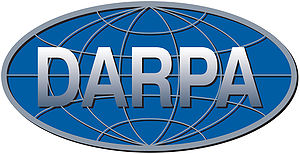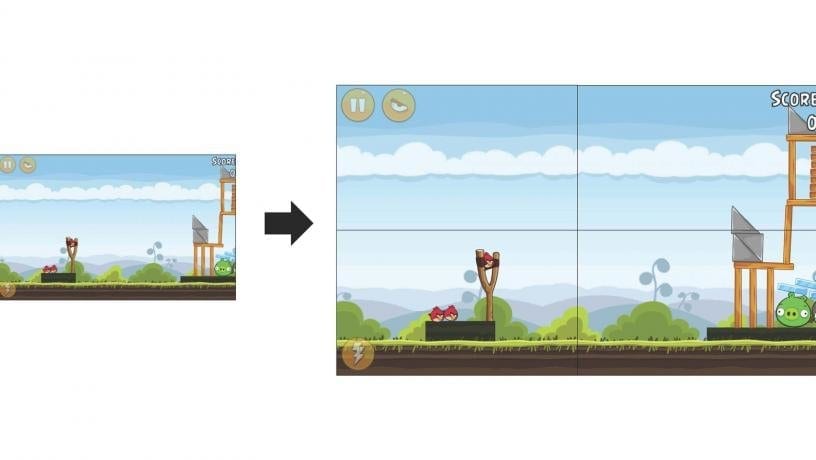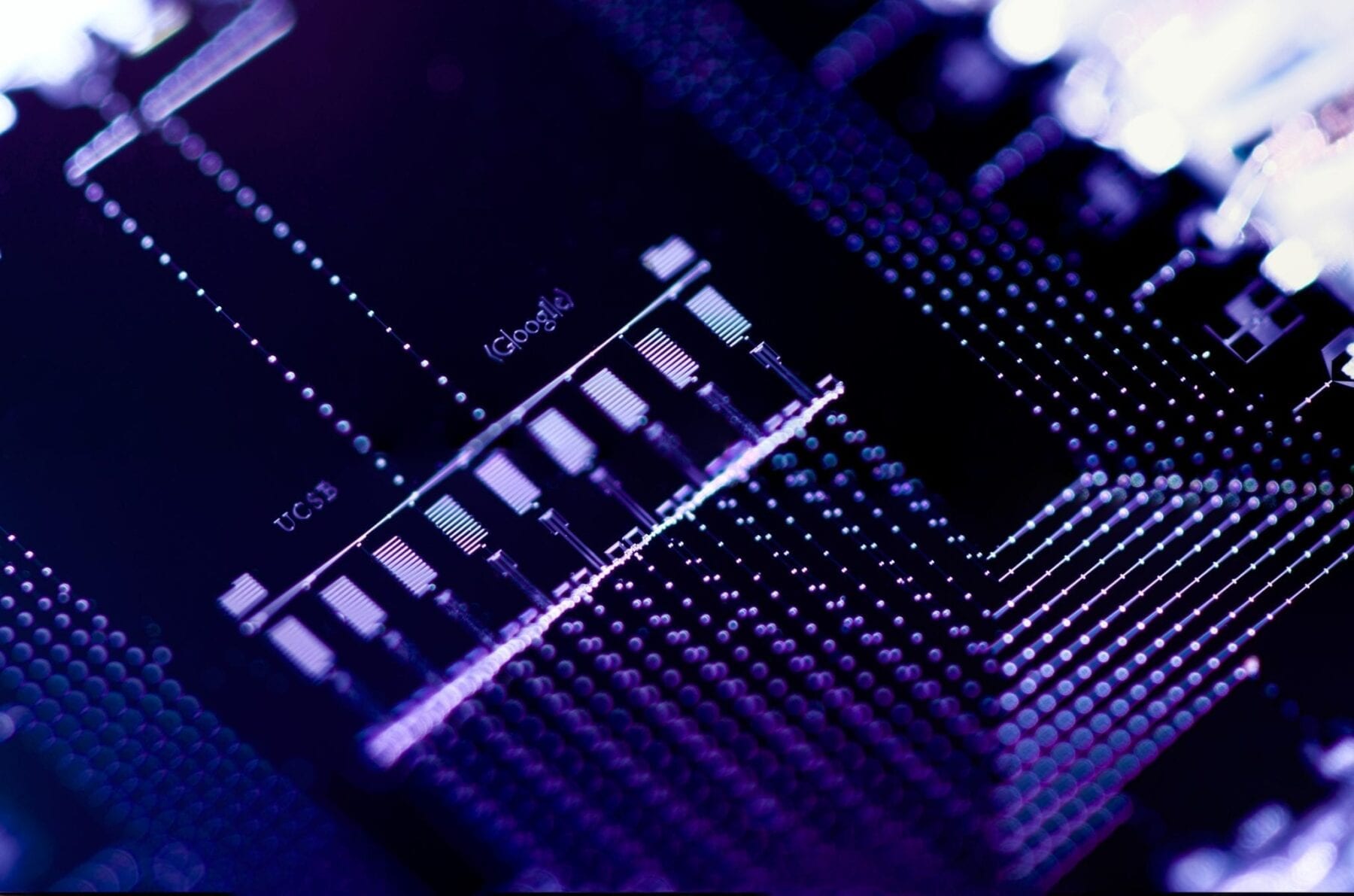In a rapidly evolving industry, software patents deter new entrants
The buzz around ‘smart’ mobile devices today is as much about technological innovation as it is about patents and litigation. These portable gadgets that bring you the features of a phone, computing and an entertainment device, all rolled into one, run on a complex array of technologies.
But it is not as if the best technology always wins. Recent developments suggest that it is much more a question of how big a legal arsenal a company can bankroll in order to protect its patents, often for something that appears as trivial as the shape of a device’s screen. The Samsung versus Apple war that is raging in courtrooms across the world is a good indicator of what is in store.
A patent war chest
Last week, Google entered the fray with its acquisition of Motorola Mobility, the handset division of the 80-year old ICT firm, with a firm eye on its 17,000-strong patent portfolio. Largely out of the mobile patent litigation game up until now, Google admitted that the $ 12.5 billion deal was intended to protect its Android mobile operating system (OS) from “anti-competitive threats”. It has been reported that in its newly-acquired arsenal are 18 key patents (Motorola has used these to sue others in the past) that cover technology essentials including email transmission, antenna designs, third-generation wireless, many of which date back to the early days of mobile technology.
Indeed, this patent trove will now perform as somewhat a bargaining asset for Google, which is essentially a search technology firm that runs on advertising and has the least number of mobile patents in the business (Google has only 317 of the 3,134 mobile patents registered in the U.S). In a space dominated by proprietary platforms, Android’s rise has been quick and commendable’ this has to do with the fact that it is a largely ‘open platform’ – this is contentious, for a recent report has contested this claim on several counts – and is licensed for free to handset manufacturers. Post the deal, Google was quick to assure Android device manufacturers, such as HTC and Samsung, that Motorola would continue as an Android licensee and run as a separate business.
Alluding to an emerging patent bubble, a Google blogpost pointed out that the $5 billion bid for Nortel’s patent portfolio, won by the tech consortium that includes bitter rivals Microsoft and Apple, was overbid by at least four times. Google’s main concern here is that successful patent lawsuits against Android would force it to charge license fees from handset makers, thus increasing the price of Android phones and rendering it less competitive in the market.
Bookmark this page for “intellectual property” and check back regularly as these articles update on a very frequent basis. The view is set to “news”. Try clicking on “video” and “2” for more articles.








